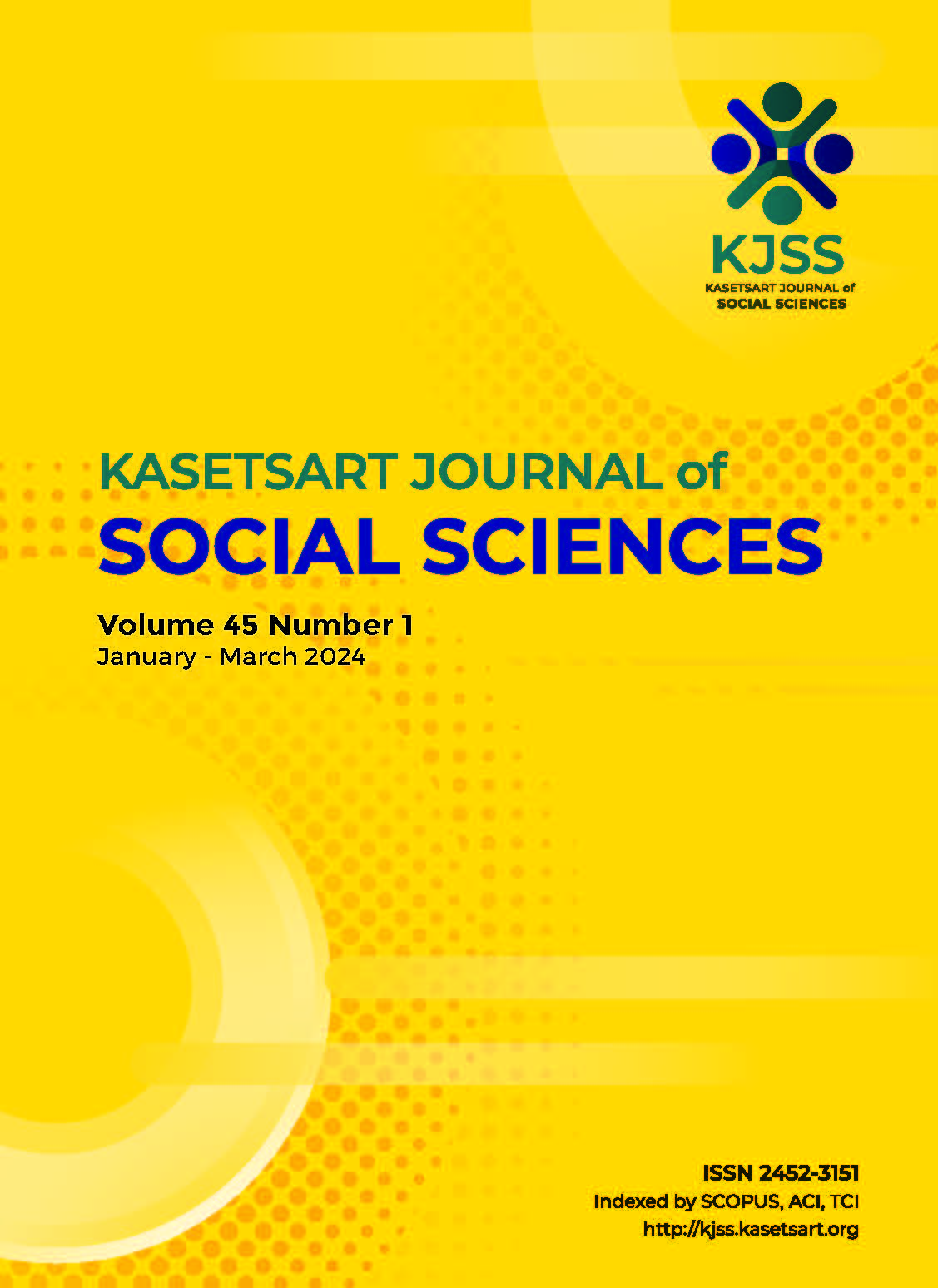Systemic risk in Indonesia’s Peer-to-Peer Lending (P2PL) regulation: Financial sectors at risk of market meltdowns
Keywords:
credit rating, peer to peer lending, systemic riskAbstract
Peer to Peer Lending (P2PL) has evolved to not only be a mere platform for lenders and borrowers but has increase its ability in facilitating transactions between lenders and borrowers through credit ratings of potential borrowers creating a high level of lenders’ dependence to P2PL platforms. However, we found that P2PL platform has no natural economic incentives to give lenders the best possible loan as P2PL platform is incentivized to push for loan quantity rather than loan quality. In reaching the said findings, we use a comparative normative research method on Indonesia, China, and the United States’ regulation on P2PL platforms with a heavy emphasis on Indonesian law. Through our findings, we recommend a two-step regulatory approach by imposing a public governance duty and a stronger disclosure mechanism towards P2PL platforms.
Downloads
Published
How to Cite
Issue
Section
License

This work is licensed under a Creative Commons Attribution-NonCommercial-NoDerivatives 4.0 International License.
This is an open access article under the CC BY-NC-ND license http://creativecommons.org/licenses/by-nc-nd/4.0/










